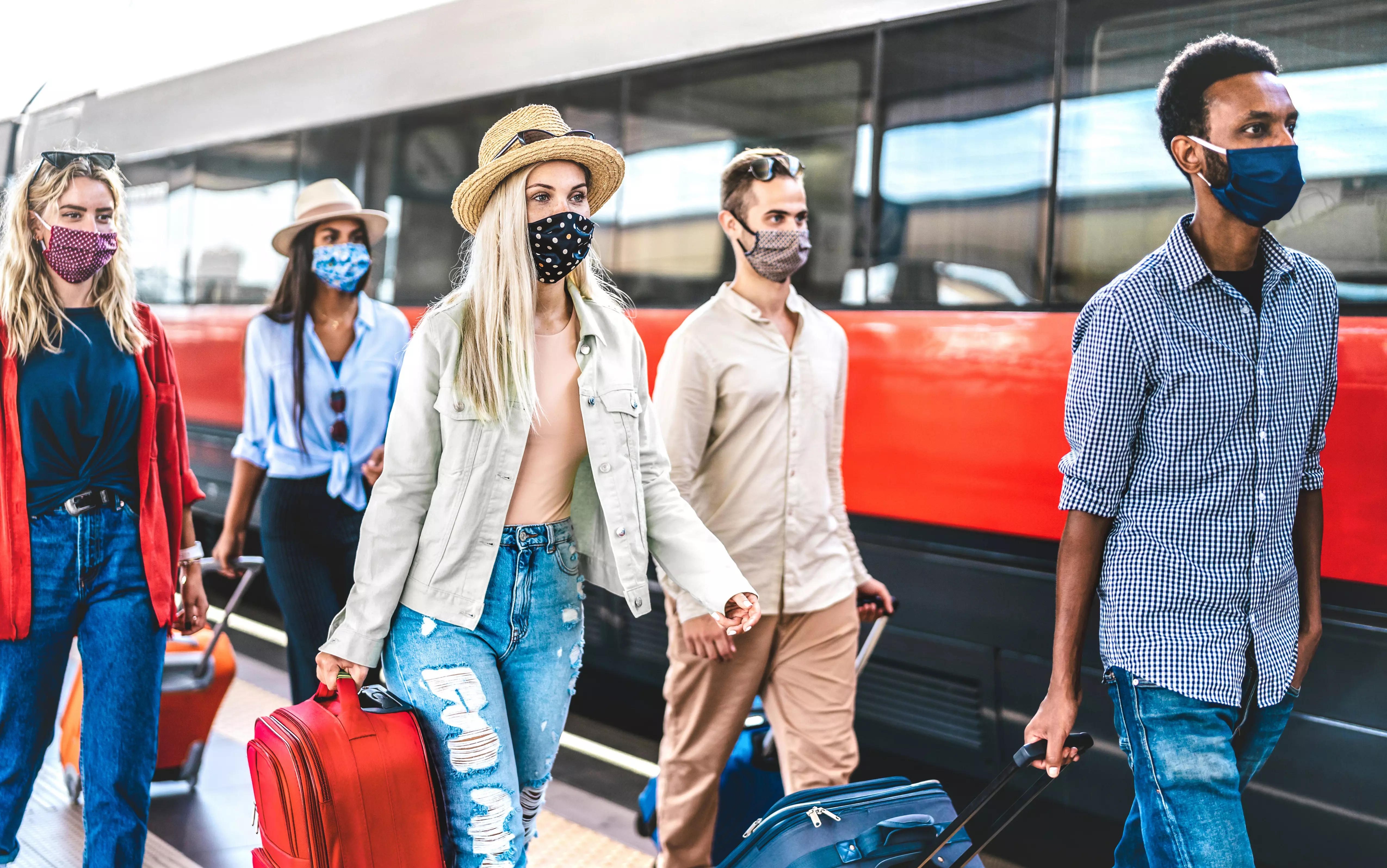Impact of COVID-19 on Global Travel and Tourism Industry
The emergence of the COVID-19 pandemic has brought unprecedented challenges to various industries across the globe. One of the sectors that has been hit the hardest is the travel and tourism industry. With international borders closed and travel restrictions imposed, the industry is facing an uncertain future. This article will explore the impact of COVID-19 on the global travel and tourism industry, highlighting the challenges it faces and the potential strategies for recovery.
The Initial Blow: Travel Restrictions and Border Closures
The first wave of impact on the travel and tourism industry was felt when countries around the world began implementing travel restrictions and border closures to contain the spread of the virus. Airports were shut down, flights were grounded, and international travel came to a grinding halt. As a result, airlines, hotels, tour operators, and other travel-related businesses suffered significant financial losses, with many facing the risk of bankruptcy.

Moreover, the perception of travel itself has changed among consumers. Fear of infection and the possibility of getting stranded in a foreign country have made people hesitant to travel, even when restrictions are lifted. This change in consumer behavior poses a great challenge to the recovery of the industry.
Economic Impact: Job Losses and Revenue Decline
The travel and tourism industry is a major contributor to the global economy, generating employment and revenue for many countries. The pandemic has severely impacted this sector, leading to significant job losses and revenue decline. According to the World Travel and Tourism Council (WTTC), the industry faced a loss of 62 million jobs worldwide in 2020 alone.
Hotels, restaurants, and attractions that heavily rely on tourism have been forced to lay off employees or shut down indefinitely. This not only affects the livelihoods of individuals but also has a ripple effect on the economy, causing a decline in consumer spending and tax revenue.
Adapting to the New Normal: Safety Measures and Digital Transformation
In order to survive and recover, travel and tourism businesses need to adapt to the new normal. One crucial aspect is implementing strict safety measures to assure travelers that their health and well-being are a top priority. These measures include enhanced cleaning protocols, social distancing regulations, and the use of personal protective equipment.
Furthermore, the pandemic has accelerated the digital transformation of the industry. With remote work becoming the norm, many travel agencies and tour operators have shifted their focus to online platforms. This allows for contactless bookings, virtual tours, and personalized experiences that cater to the changing needs and preferences of travelers.
Government Support and Collaboration
The recovery of the travel and tourism industry requires collaboration between governments, businesses, and stakeholders. Governments play a crucial role in providing financial support, implementing policies to facilitate safe travel, and promoting destination marketing once it is safe to do so.
Collaboration with other sectors is also essential in driving recovery. For example, partnerships with the healthcare industry to develop standardized health protocols or collaborations with technology companies to enhance digital experiences can greatly benefit the travel and tourism sector.
The Road to Recovery: Rebuilding Trust and Stimulating Demand
Rebuilding trust among travelers is paramount to the recovery of the global travel and tourism industry. Transparency and open communication regarding safety measures will help restore confidence in traveling. Additionally, offering flexible cancellation policies and travel insurance options can provide a sense of security to potential travelers.
Stimulating demand is another crucial aspect. Governments and businesses can incentivize domestic tourism by offering discounts, promoting local attractions, and creating campaigns that encourage citizens to explore their own countries. Gradually, as international travel resumes, marketing efforts should focus on highlighting the unique experiences and cultural diversity that each destination has to offer.
Conclusion
The impact of COVID-19 on the global travel and tourism industry cannot be overstated. The road to recovery is challenging, but with adaptation, collaboration, and careful planning, the industry can bounce back. Governments, businesses, and travelers must work together to ensure the future of this vital sector, which plays a significant role in the economy and connecting people from all corners of the world.